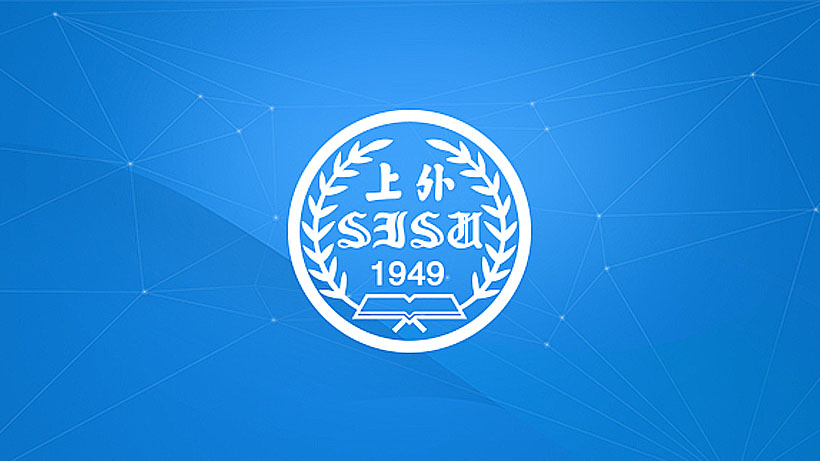
宫小生
上海外国语大学特聘研究员,中国前中东问题特使,中国前驻约旦、土耳其大使
新闻报道


上海外国语大学特聘研究员,中国前中东问题特使,中国前驻约旦、土耳其大使
新闻报道

中东,世界上矛盾最激烈、冲突最复杂的地区。自拜登政府执政以来,中东局势一波未平一波又起。以色列与伊朗就货轮爆炸事件相互指责、拜登政府暂停对沙特和阿联酋军售并停止对沙特在也门战场的支持、美国空袭叙利亚、美伊在伊核问题上拒绝先做让步致使谈判陷入僵局……中东的和平与安全不仅关乎地区国家根本利益,也关乎全球稳定与发展。本次讲座,中心有幸邀请到上海外国语大学特聘研究员、中国前中东问题特使、中国前驻约旦、土耳其大使宫小生,为我们深度解析美国中东政策调整。
上海外国语大学特聘研究员、中国前中东问题特使、中国前驻约旦、土耳其大使。
新闻报道
外语类C刊教学实证类论文写作与发表的困境
如何做好外语教学研究
教学研究论文写作实例分析
教学研究课题申请实例分析
与外语教学研究直接相关的理论
华中科技大学二级教授,博士生导师,博士后合作导师,国务院政府特殊津贴专家,中国二语习得研究专业委员会副会长,全国外语教师教育与发展委员会常务理事,全国英语写作教学与研究专业委员会常务理事。System和Language Teaching Research编委,多家SSCI及CSSCI外语类核心期刊外审专家。主要研究方向为外语教育、二语习得、教师发展。主持3项国家社科项目(1项重点、2项一般)、教育部人文社科基金等省部级以上重要课题20多项。在Language Teaching Research、TESOL Quarterly、System等SSCI期刊以及《外语教学与研究》、《现代外语》等外语类CSSCI期刊发表论文170多篇。出版专著和主编各类教材30多部,曾获省级教学成果一等奖,并获“湖北省优秀教师”、“宝钢教育基金优秀教师”、“我最喜爱的魅力导师”、“华中卓越学者”等荣誉称号。在2009年学科高被引作者前100名排行中,位列全国外语学科第4位;2017年入围中国哲学社会科学最有影响力的学者之一(语言学学科排名12)。
新闻报道

云南大学国际关系研究院研究员
新闻报道

云南大学国际关系研究院研究员
新闻报道

云南大学国际关系研究院研究员
新闻报道

云南大学国际关系研究院研究员
新闻报道

外交学院副院长,教授
新闻报道

中共中央党史研究室前副主任,研究员
新闻报道

我的同学,你曾畅想过在美索不达米亚迎面拂来的春风吗,你曾畅想过在帕米尔高原上盘旋的山鹰吗,抑或畅想着行走在中亚、伊朗、阿拉伯的绿洲间而看到从历史中走来的商队吗?
是的,这里是上海,是长三角,是中国畅想世界的开启之地。1905年,张謇创办南通博物苑,即陈列有包括埃及在内的丝路国家之珍贵文物;蔡元培、鲁迅等在沪的文博事业开创者们,也非常重视亚洲、欧亚非、甚至美洲等国家间文物相通、文化相融;新中国文物事业的开创者郑振铎先生,也是从沪赴京统领文物事业,曾在俄罗斯冬宫博物馆对丝路文物念念不忘,甚至在前往叙利亚、阿富汗等丝路国家进行访问途中因坠机而不幸离世。
我的同学,你曾观看过电视节目《国家宝藏》吗,你曾接触过大英博物馆、吉美亚洲博物馆、大都会博物馆、上海博物馆等等的丝路馆藏推介吗,抑或曾听闻到斯坦因、伯希和、巴托尔德的探险故事吗?
是的,这里是上外,这里是丝路学社,这里是“丝路茶坊·文博讲堂”,是你可以真实触摸的遗产世界。从这里,让我们一同感知正在延展当代丝路的“博物馆之城”上海,走进联通历史与未来的古今丝路。
历史学博士,中国钱币学会理事,主要从事东西方物质文化交流、汉唐文物考古、古代中西亚地区文物及古代货币的研究与策划展览工作。编著有《上海博物馆藏丝绸之路古代钱币》《欧亚衢地》等,发表学术论文20余篇。
新闻报道